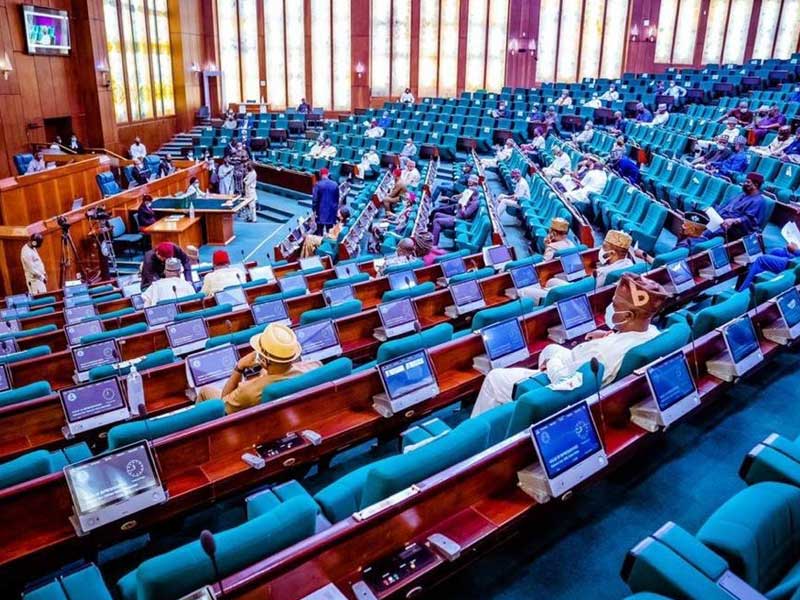The House of Representatives Committee on Nutrition and Food Security has commenced an investigation into the expenditure of N1.12 trillion allocated to the Anchor Borrowers Programme (ABP).
This inquiry also includes a review of N215 billion disbursed by NIRSAL Microfinance Bank for agribusiness projects, along with N3 billion provided by the Bank of Industry to benefit 22,120 smallholder farmers through the Agricultural Value Chain Financing initiative.
Chairman of the committee, Hon. Chike Okafor, expressed serious concerns during a hearing regarding the alleged mismanagement of agricultural and food security funds by federal departments and agencies. Okafor pointed out that, although 24 participating financial institutions (PFIs) were engaged in the disbursement of ABP funds, the committee has only been able to locate evidence from nine of these institutions.
He underscored the committee’s vital role in overseeing the implementation of intervention programmes related to food security and nutrition by the relevant government ministries, departments, and agencies. Okafor stated, “We are investigating how the Central Bank of Nigeria (CBN) allocated approximately N1.12 trillion to 4.67 million farmers cultivating maize, rice, or wheat through 563 anchor firms.”
Despite the involvement of 24 PFIs in managing the disbursement of funds, documentation from only nine institutions was available for examination. Some PFIs have reached out to the committee for engagement.
In addition, Okafor highlighted the ongoing investigation into how NIRSAL allocated over N215 billion for agricultural and agribusiness purposes, as well as the Bank of Industry’s distribution of N3 billion to over 22,000 smallholder farmers under the agricultural value chain programme.
Reiterating the committee’s oversight responsibilities, Okafor stated that their duties encompass ensuring the effective execution of intervention programmes, scrutinising fund allocations, drafting new legislation, and enhancing existing laws on nutrition and food security.
He reaffirmed that the intertwined nature of nutrition and food security remains a top priority within the current administration’s Renewed Hope agenda, with the committee’s formation reflecting a legislative commitment to collaborate with the executive and other stakeholders to ensure a well-nourished and food-secure Nigeria.
During the hearing, Charles Bassey, representing NIRSAL Microfinance Bank, identified security challenges as a significant impediment to the proper execution of their loan scheme. He explained that the bank adhered to established guidelines in identifying eligible beneficiaries; however, insecurity, particularly due to attacks by bandits and herders, has hindered many farmers from returning to their fields after investing their funds, thus affecting harvests and seasonal agricultural activities.
Bassey also noted that some farmers faced environmental challenges, such as flooding and drought, leading a few to request loan restructuring for extended repayment periods.
Olushola Obikanye, Group Head of Agric Finance and Solid Minerals at Sterling Bank, reported that the bank has fully returned N113.49 billion to the Central Bank of Nigeria (CBN), which includes both disbursed and undisbursed funds. Obikanye confirmed that Sterling Bank holds no outstanding liabilities under the Anchor Borrowers Programme, stating, “We have a balance of zero-naira, zero-kobo owed under this scheme.”





